Tenda AC5 v3 router review
Tenda introduced the AC5 v3 router in 2019. It is powered by Realtek RTL8197FH @ 1 GHz chipset, 32 MB of RAM, and 8 MB of flash memory.
Keen to discover if this Tenda router lives up to the hype? Keep reading to know!
Table of Contents
Our personal experiences and opinions form the basis of this article. We aimed to share insights on a topic, and we hoped others would find it useful and inspirational. The specs below rely on official manufacturer data, but we also consider user reviews. If you noticed any mistakes or missing details about the Tenda AC5 v3, please let us know. Furthermore, we strive to deliver a thorough and precise overview.
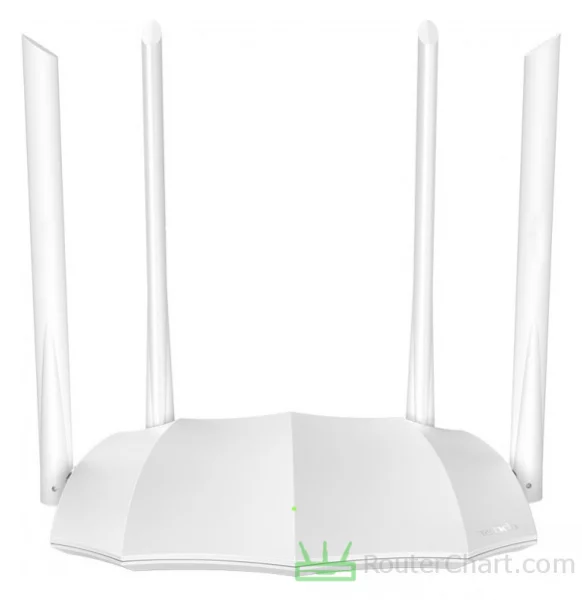
The AC5 v3 is a popular router. It offers great networking. This is thanks to its advanced features and cutting-edge technology. Tenda offers networking solutions that cater to different scales of networks.
Tenda AC5 v3 specifications
| Brand | Tenda |
|---|---|
| Name | AC5 v3 |
| Type | AC5V3 |
| Rating | |
| Launch | 2019 |
Body
| Dimensions | 200 x 127 x 33.6 mm |
|---|
If you plan to move or travel a lot and need to take your router with you, the size is important. It needs to be small to be easy to carry.
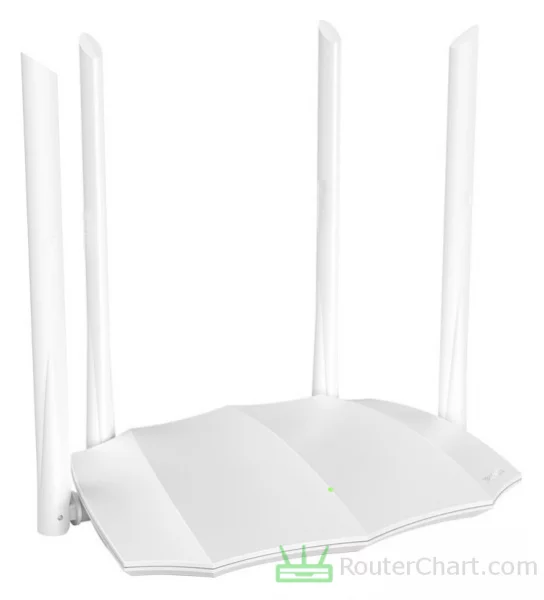
System
| Chipset | Realtek RTL8197FH @ 1 GHz |
|---|---|
| RAM | 32 MB |
| Flash | 8 MB |
| OS | Tenda |
| Power supply | 9 V / 1 A |
The Realtek RTL8197FH @ 1 GHz CPU provides processing power. It handles tasks and services within the AC5 v3 router. The 32 MB of RAM enables the router to handle multiple tasks and processes concurrently. Flash memory retains its data even when the router is off. This allows the router to keep its firmware and settings across reboots. The firmware upgrade process may vary depending on the router model. However, it often involves accessing the router's web-based administration interface. The Tenda packages the AC5 v3 router with 9 V / 1 A PSU.
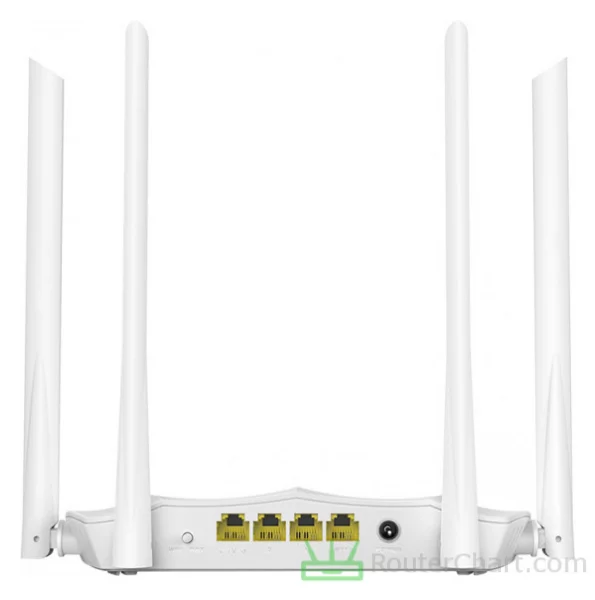
Network
| Protocols | IPv4 IPv6 |
|---|---|
| LAN ports | 3 x 10/100 Mbps |
| WAN ports | 1 x 10/100 Mbps |
| Mobile network | no |
| VPN support | no |
Like many modern routers, the Tenda AC5 v3 supports many features and tech. They improve your network's connectivity and security. The IPv4 uses 32-bit addresses, represented as four sets of numbers separated by periods (e.g. 192.168.0.1). The router also supports IPv6. This allows you to use the latest Internet Protocol. The AC5 v3 features a Fast Ethernet WAN port that has a maximum speed of 100 Mbps.
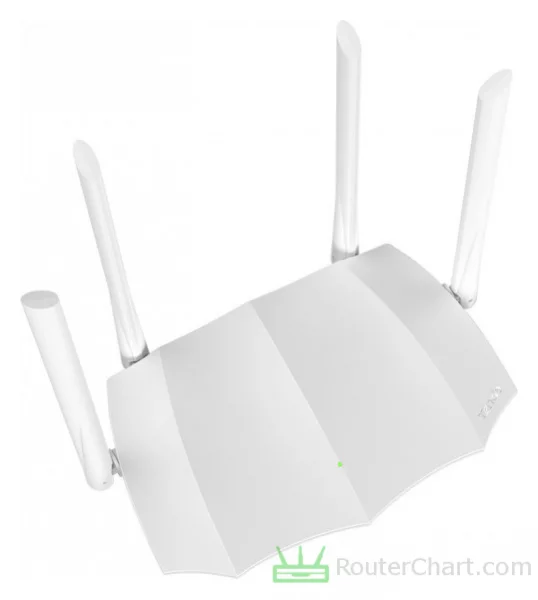
Wireless
| Antennas | 4 x 6 dBi fixed |
|---|---|
| 2.4 GHz | yes |
| 5 GHz | yes |
| 6 GHz | no |
| 60 GHz | no |
| Standards | IEEE 802.11a/b/g/n/ac |
| Class | AC1200 |
| Speed | 300 + 867 Mbps |
| Transmit power | 23 dBm |
| Security | WEP WPA WPA2 WPS |
| Guest network | yes |
A well-positioned antenna can reduce interference and signal weakening. This leads to a more reliable connection. This router is 2.4 GHz capable. The 2.4GHz band refers to the portion of the radio spectrum between 2.400 and 2.4835 gigahertz. The 5GHz band provides faster data transfer speeds compared to the 2.4GHz band. The Wi-Fi router offers fast data speeds. They are good for streaming HD video, online gaming, and large file transfers.
The top speed, 300 + 867 Mbps, is the highest data rate the router can reach. It's the theoretical limit in perfect conditions. WEP was the first Wi-Fi security protocol. But it is now seen as weak and easy to hack. The introduction of WPA2 (Wi-Fi Protected Access 2) improved upon WEP. It provides stronger security. WPS (Wi-Fi Protected Setup) provides an easy method. It connects devices to a Wi-Fi network.
Connectivity
| USB ports | no |
|---|---|
| Print server | no |
| File server | no |
The AC5 v3 router doesn't have file-server or print-server functionality.
Administration
| Default IP | 192.168.0.1 |
|---|---|
| Default username | [blank] |
| Default password | [blank] |
Changing the password often is a good security practice. It protects your network and devices from unauthorized access. Changing the default password improves your router's security. It reduces the risk of unauthorized individuals controlling your network.
Pros and Cons
Every router, including this Tenda one, has its good sides and not-so-good sides. Let's take a closer look at both to get a full understanding of what this router can do. We'll talk about what it does well and also where it could use some improvements. Just remember, this is just what I think, and you might see things differently.
Pros
- IPv6 capable
- works on 5 GHz band
- WPS friendly
Cons
- insufficient flash
- lack of Gigabit LAN
- Non-gigabit WAN port
- missing Wi-Fi 6 support
- incompatible with WPA3
- no USB connectivity
Tenda AC5 v3 photos



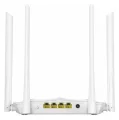

If there’s information about the Tenda AC5 v3 that you would like to see on this site, then write to us.

